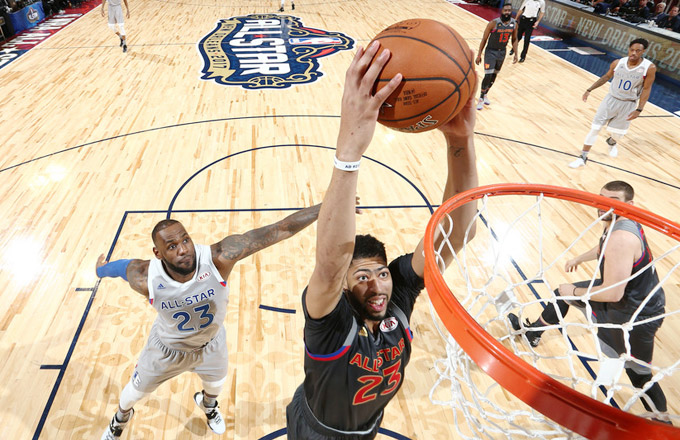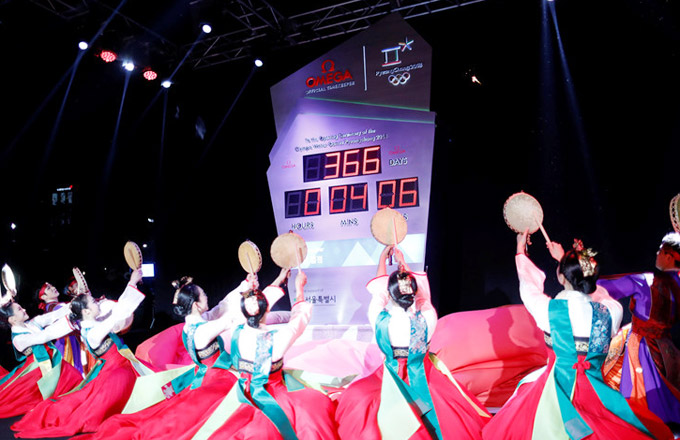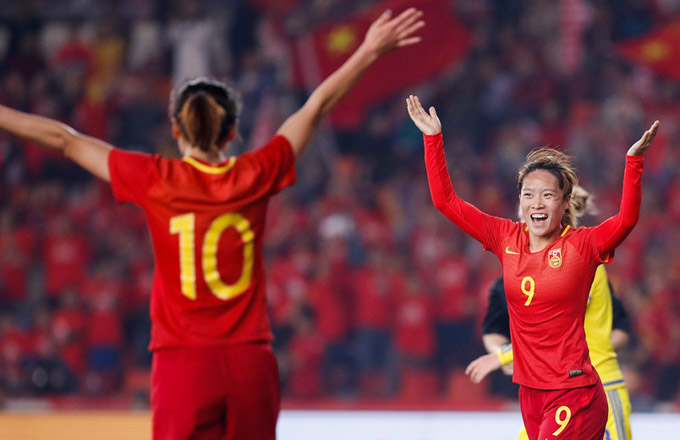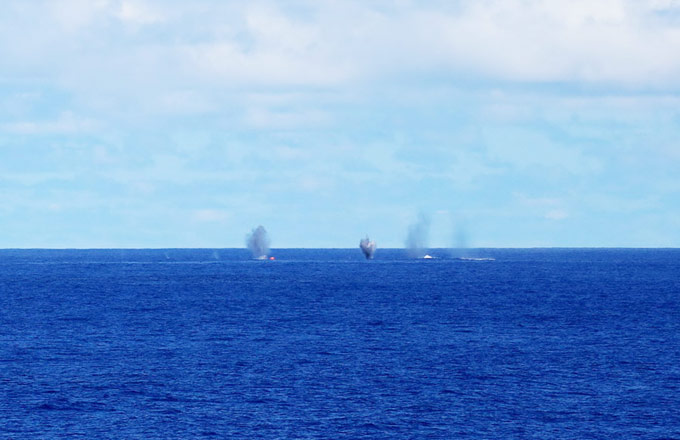

Spanish club ready for Champions League quarterfinals despite money troubles, AFP reports.
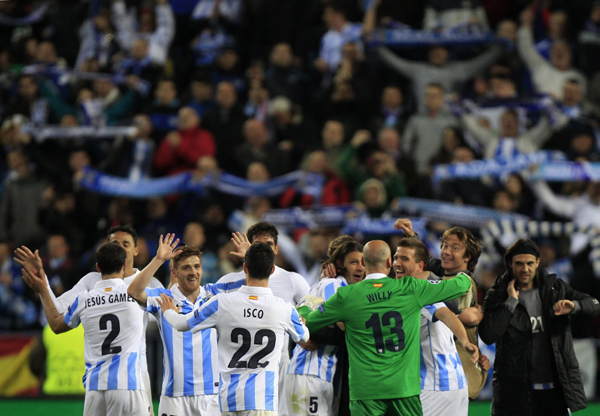 |
|
Malaga's players celebrate after defeating Porto in their Champions League round-of-16 second-leg match at La Rosaleda stadium in Malaga, southern Spain, on March 13. Porto played its quarterfinal first-leg match against Dortmund on Thursday and is bidding to make more history by advancing to the last four. [Photo/Agencies] |
Spain was once again the most represented nation as the Champions League quarterfinal draw saw three teams from La Liga, but alongside the familiar names of Real Madrid and Barcelona there was a newcomer - Malaga.
By joining the country's traditional giants in the last eight, the Andalusians made it La Liga's best representation in the quarterfinals since Valencia joined Madrid and Barca in 2003.
However, Malaga's progress is much more than just a coefficient booster, it is a remarkable journey that looked floored before it had even begun during a couple of uncertain months last June and July.
After being bought by Sheikh Abdullah bin Nasser Al-Thani - a member of the Qatari royal family - back in 2010, the Andalusians embarked on a bold and expensive recruitment campaign, building a strong squad of experienced internationals and some of Spain's brightest young prospects.
Yet, just when they seemed set for the big time and their first appearance in the Champions League, the money dried up.
As it turned out, it hadn't been flowing for a while. Players had not received wages and clubs expecting transfer fees had gone unpaid.
Consequently, star players Santi Cazorla and Salomon Rondon were sold under value to bring in some quick cash.
When their qualifier against Panathinaikos came in August it wasn't just for prestige that Los Boquerones were playing, but also the economic survival of the club.
However, that test, as all those they have faced in Europe this season, was passed with flying colors.
A 2-0 aggregate victory over the Greeks opened the door to the lucrative group stages and epic European nights against AC Milan, Zenit St. Petersburg and Anderlecht.
Malaga started with a brilliant 3-0 victory over Zenit, thanks to two goals from its star man Isco, and three wins from its first three games ensured Manuel Pellegrini's side was the first team to book its place in the last-16.
Yet there was more bad news to come on the financial front. On Dec 21, UEFA announced Malaga was to become the first big casualty of its financial fair play regulations for its failure to pay players and other clubs on time.
Even if it qualifies for European competition next season - or the next time it does so in the next four years - it will not be allowed to compete, while it could be banned for a further campaign should it fail to show that payments to other clubs, employees or social and tax authorities are up to date by the end of March.
Moreover, another star player, Spanish international Nacho Monreal, was sold to Arsenal in January to help ensure it met that deadline.
UEFA's decision was branded "excessively harsh and negative" by the club's most famous fan, film star Antonio Banderas, but even though Malaga is appealing the case to the Court of Arbitration for Sport, the decision can only be overturned on a point of law, and not whether it's justifiable.
That sanction doesn't affect its current European campaign and Banderas was in attendance, as it experienced another famous European night at La Rosaleda with a 2-0 win over Porto that saw it progress to the quarterfinals.
A feat that secured a unique double for manager Manuel Pellegrini as he became the first man to lead two sides to the quarterfinals of the Champions League on their debut in the competition following his success with Villarreal in 2005-06.
Unfortunately for Malaga, it is unlikely to be one that has gone unnoticed either. After being hurriedly dismissed to make way for Jose Mourinho following just one season at Real Madrid, Pellegrini is hungry for another shot at the big time.
Rumors have linked the Chilean with Chelsea and Manchester City in recent weeks and should he go at the end of the season, his absence is likely to be felt much more strongly than that of Cazorla, Rondon or Monreal.
